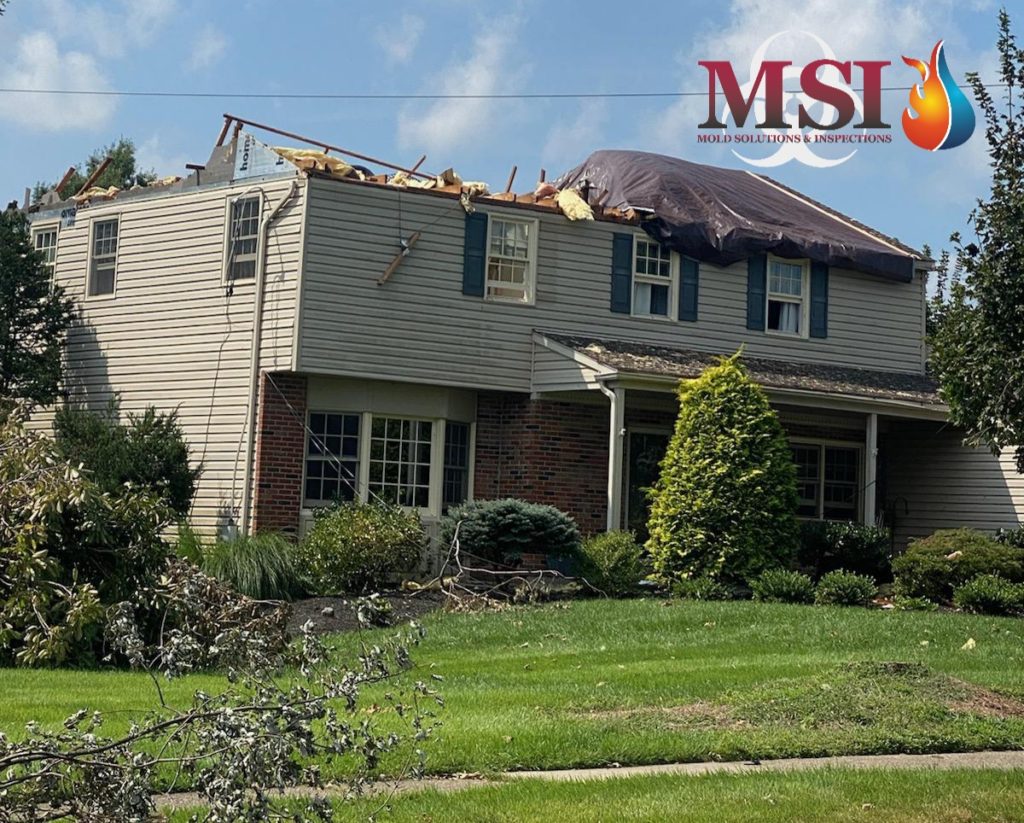
Heating equipment, like space heaters, are the leading cause of house fires in the United States. Local fire departments responded to an estimated average of 48,530 fires involving heating equipment each year in 2014-2018. These fires resulted in annual losses of 500 civilian deaths, 1,350 civilian injuries, and $1.1 billion in direct property damage. With the risks associated with space heater usage, it’s no surprise people are hesitant about using space heaters in their home. But as long as you follow some safety guidelines, space heaters aren’t inherently dangerous. Here are some useful tips to understanding space heaters, and also how to properly purchase one suited for your home needs.
Four different types of space heaters
- Fan-forced: Warm air is blown over metal coils.
- Infrared: Infrared light bulbs create heat.
- Ceramic: Ceramic heating element warms air.
- Water or oil-filled: Heated water or oil travels through the unit.
No matter which type of space heater you buy, be sure to check that it’s a recent model with an Underwriters Laboratories label. Also check to see what size room the heater is designed for, and generally keep to devices appropriate for the room in which you plan to use them.
Space Heater Placement
It’s generally suggested that space heaters be placed at least 3 feet away from furniture, window treatments, bedding, clothing, rugs, and other combustibles. These items can cause a risk of fire if they come in contact with a unit’s electric heating element or too-hot surface.
Other Placement Tips
- Make sure that the heater is placed on a hard, level surface.
- Review your owner’s manual for specific instructions on your heater.
- Never sit or drape anything on top of a portable heater, or use it to dry clothing or towels.

Space heater safety features to consider
When purchasing a space heater, consider the following safety features:
- Tip-Over Switch: Shuts the unit down if it’s not in an upright position
- Automatic shut-off/Overheat protection:Automatically shuts down the unit in the case of overheating
- Thermostat:Monitors indoor temperature, which allows the unit to determine when to turn on and off
- Plastic face: Keeps the grille from heating to the point of burning the skin upon contact
Extra safety features are good to keep in mind — especially if you plan to use the heater in certain contexts. If you have pets or children, tip-over switches and nonmetal faces are important features to consider. Likewise, if you plan to use the heater without constantly monitoring it yourself, you will probably want to consider an automatic shut-off feature, or a thermostat that allows you to set a certain target temperature.
Space heater safety features to consider
When purchasing a space heater, consider the following safety features:
- Tip-Over Switch: Shuts the unit down if it’s not in an upright position
- Automatic shut-off/Overheat protection:Automatically shuts down the unit in the case of overheating
- Thermostat:Monitors indoor temperature, which allows the unit to determine when to turn on and off
- Plastic face: Keeps the grille from heating to the point of burning the skin upon contact
Extra safety features are good to keep in mind, especially if you plan to use the heater in certain contexts. If you have pets or children, tip-over switches and nonmetal faces are important features to consider. Likewise, if you plan to use the heater without constantly monitoring it yourself, you will probably want to consider an automatic shut-off feature, or a thermostat that allows you to set a certain target temperature.
Space heater safety tips
Space heaters have caused many house fires, injuries and deaths over the years. If you plan to use a space heater during the cold winter months, you’ll want to make sure you are using it properly to avoid potentially fatal mistakes.
To keep yourself and your home safe while using a space heater:
- Review instructions and warning labels to ensure safe operation.
- Inspect your heater for damage.
- Place space heaters on low, flat surfaces.
- Keep out of high-traffic areas or doorways.
- Keep space heaters at least 3 feet away from flammable items and objects, such as papers or curtains.
- Avoid leaving a space heater unattended — especially for long periods of time.
- Do not plug space heaters into extension cords or power strips.
- Unplug space heaters when not in use.
When it’s cold outside, a space heater can be the perfect way to create a warm, comfortable living area. Although space heaters can be a hazard, when used correctly they are a convenient, affordable option when you’re looking too quickly and easily supplement your home’s central heating system.
Fire & Smoke Damage
When a fire loss occurs in your home or business, it is nothing short of a tragedy. Immediate action is also a must to minimize the amount of soot from further destroying the structure and your personal contents. Our emergency response team is on call 24-7, and you will always speak to a live person no matter the time or date. We will bring your home back to pre-loss conditions, while documenting all of the damage, and work directly with your insurance carrier, so you can get back into your home safely and quickly.
PHILADELPHIA LOCATION:
Mold Solutions & Inspections
Philadelphia, PA 19148
Phone: 215-339-1769
FOLCROFT LOCATION:
Mold Solutions & Inspections
1555 Baltimore Avenue,
Folcroft, PA 19032
Phone: 215-339-1769
FREEHOLD LOCATION:
Mold Solutions & Inspections
4400 Route 9 South,
Suite 1000,
Freehold NJ, 07728
Phone: 732-303-8093